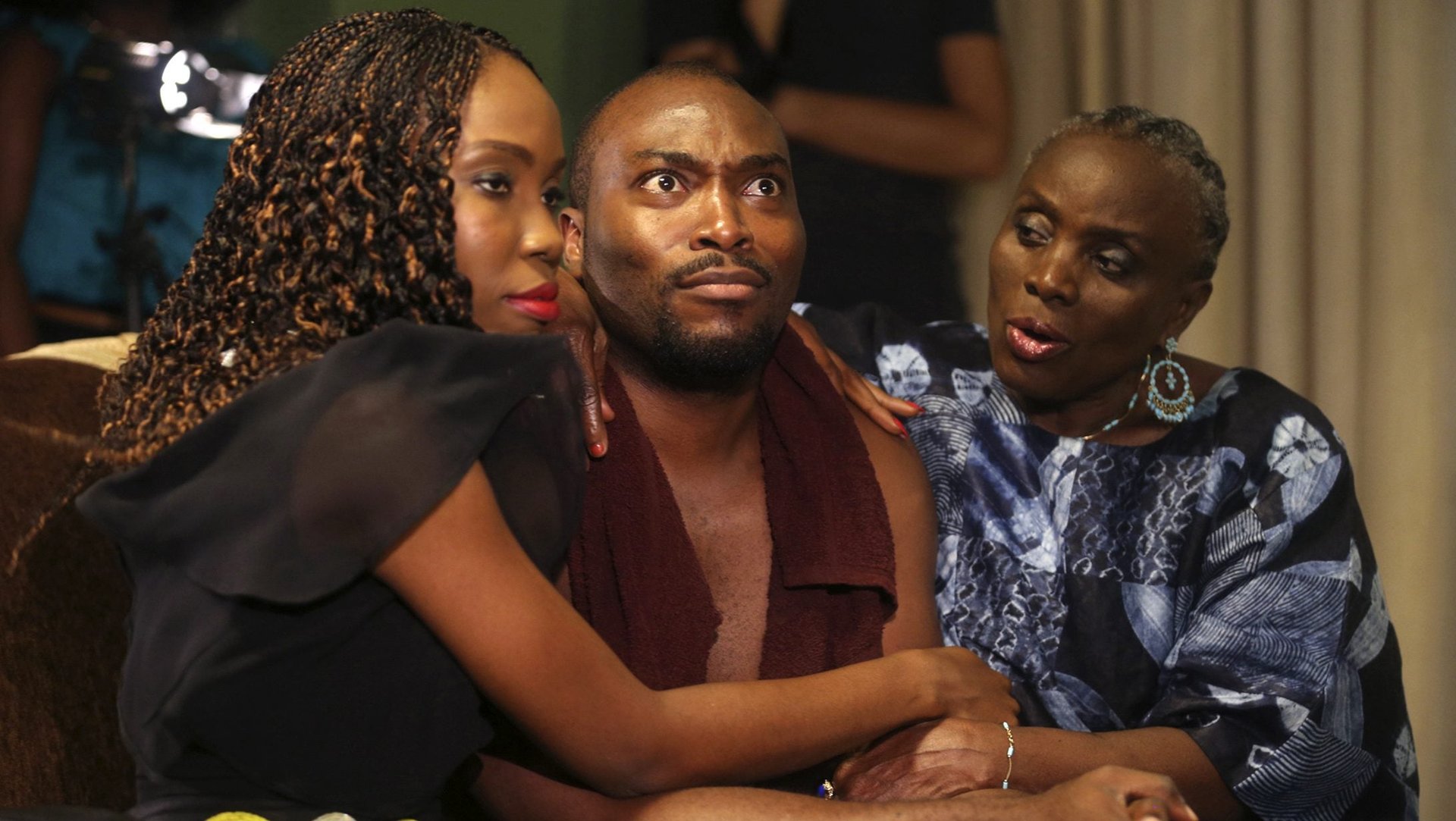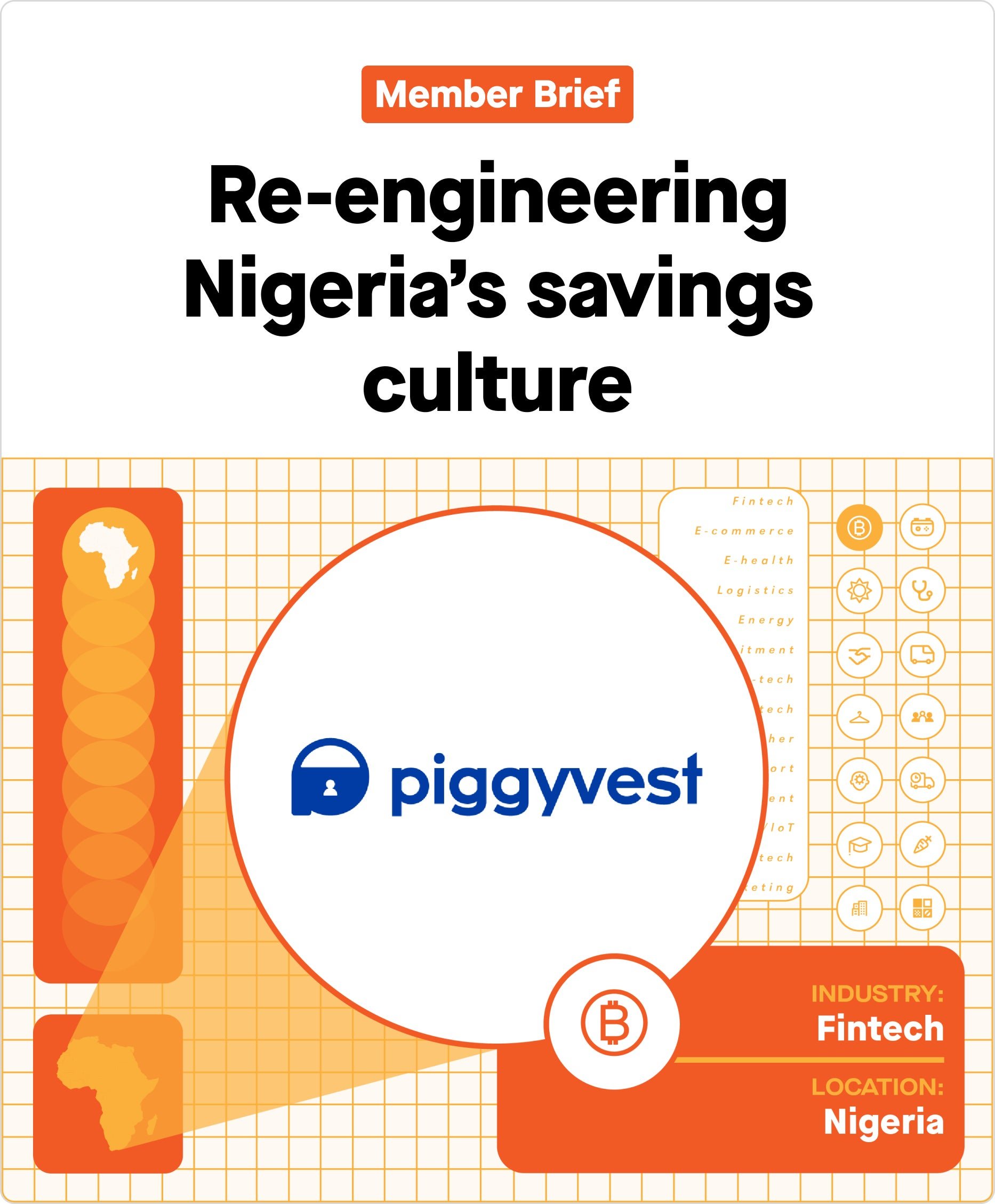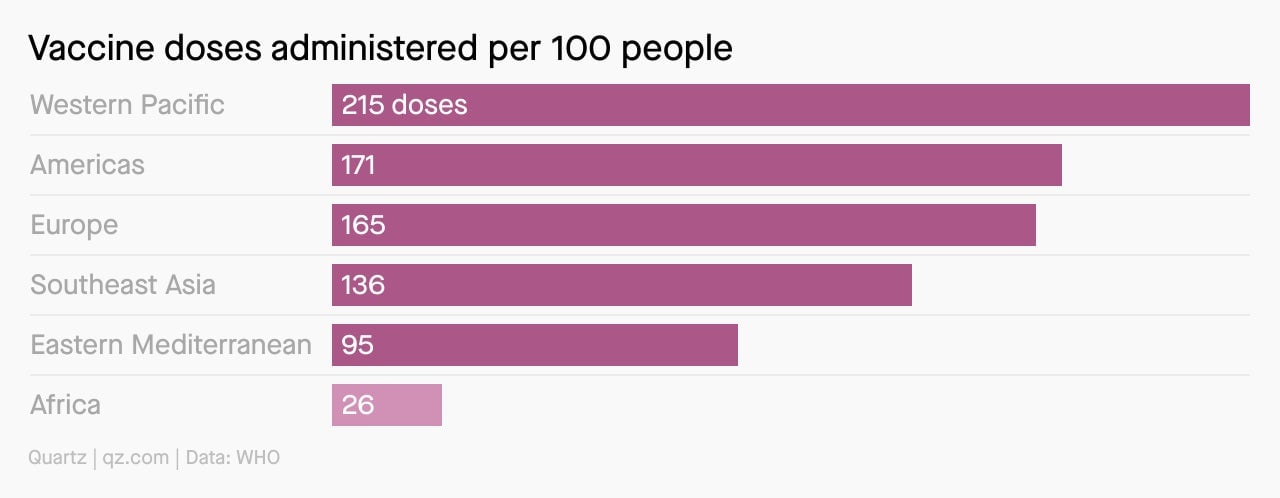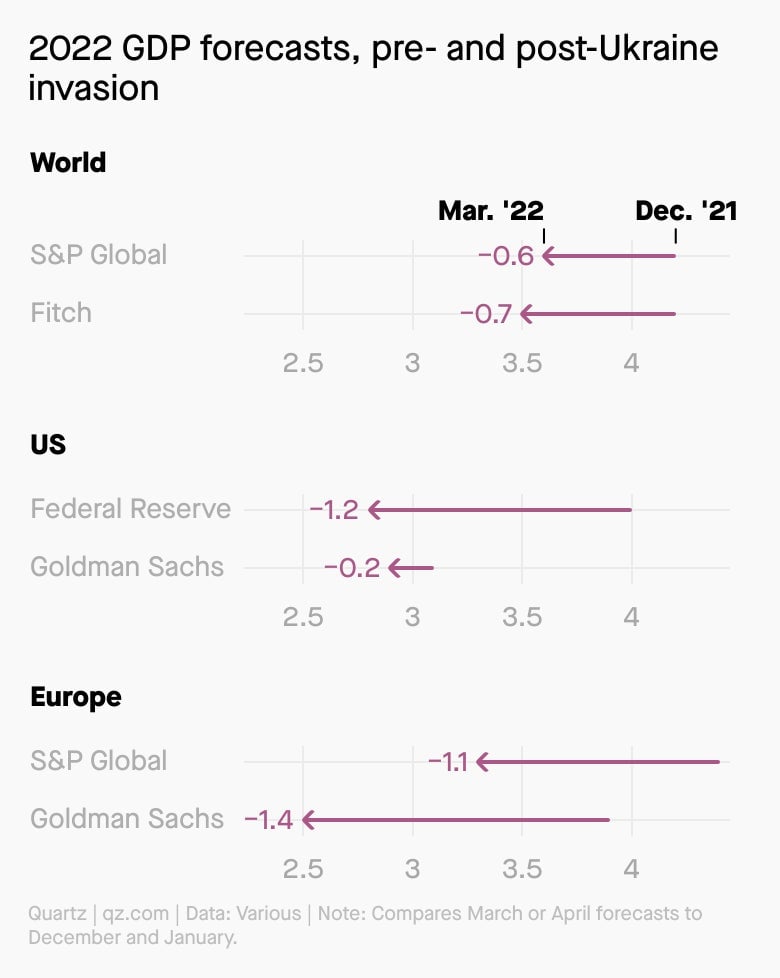Flutterwave under fire
Hi Quartz Africa readers,


Hi Quartz Africa readers,
On my third day as a tech reporter in 2019, Flutterwave became one of Y Combinator’s most valuable companies. Valued at $150 million, the fintech giant joined an elite club populated by tech darlings Stripe, DoorDash, and Airbnb. On the current version of that list, Flutterwave is No. 35—it’s now Africa’s most valuable unicorn.
In the intervening years, part of my job has been understanding and explaining why startups like Flutterwave matter for Africa’s impact on the global stage. Thus far, that narrative has been overwhelmingly positive: The consensus is that Africa is being redefined by the assumed operational excellence and value of its leading startups.
But while that remains generally true, a vibe shift is also coming—away from uncritical hype and toward addressing the real challenges that come with building lasting industries and businesses. That shift is thanks in part to recent allegations of financial and personal misconduct against Flutterwave CEO Olugbenga Agboola.
Even as credible industry leaders demand accountability, Flutterwave and its CEO have not yet responded, and some are cautioning against condemning the company prematurely. But the allegations are already required reading for anyone, from Lagos to Silicon Valley, with an interest in African tech. The vanity-metric sugar rush that bolstered Flutterwave a few years ago means the company and its CEO are now too influential for governance questions to be ignored. And Flutterwave’s reckoning, just like its ascent, will matter for Africa’s impact on the global stage. —Alexander Onukwue, west Africa correspondent
🌍 Tell us what you think! To make sure Quartz Africa is providing the content you’re looking for, we want to hear from you—take this four-minute survey to tell us what you think and how we can improve.

Here are some numbers to consider:
23%: Nigeria’s gross savings rate as of December 2020
$120: Average monthly wage for a Nigerian in 2018 ($1 = N360)
36%: Share of Nigerian adults with no access to financial services
Given these realities, it might seem questionable for anyone to build a Nigerian tech company around a consumer savings app. But entrepreneurs are actively challenging the idea that Nigerians don’t or can’t save, by taking advantage of two factors: the complacency of traditional banks, and progress in digital payments. To learn more, check out this week’s Quartz Africa Member Brief, available with a free trial of Quartz Africa membership.
Stories this week
Flutterwave’s CEO is accused of misconduct. The fintech startup’s founder allegedly created a phantom “co-founder” identity to give himself more shares in the company’s early days, Alexander Onukwue reports.
The US is fixated on China in Africa. While there are legitimate concerns about China’s Africa engagement, Kang-Chun Cheng looks at how America’s obsession has more to do with its own waning influence.
Amazon Prime Video has local ambitions. The streaming platform is looking for at least three executives—based in London, but with “deep knowledge” of Nigerian culture—to lead its plans to develop Nigerian films and series, Alexander Onukwue writes.
Crypto is fighting for legitimacy in Africa. Despite crypto’s meteoric growth among youth on the continent, Carolyn Campbell lays out how the asset class is struggling to gain legitimacy from the old guard—governments.
The UK is rerouting asylum seekers to Rwanda. The latter country will benefit, financially and otherwise, from doing the former a big favor, says Priya Sippy.
Charting global vaccine inequity

As nations around the world ease or remove covid-19 restrictions, countries in Africa are increasingly following suit—despite low vaccination rates. “It is a matter of concern that nearly half of all countries in Africa have stopped tracing the contacts of cases,” the WHO’s Africa regional director recently warned. After listening to two years of rhetoric about vaccine equity, Uwagbale Edward-Ekpu reports on why it may already be too late to address it on the continent.
Spotlight on a Quartz Africa 2021 innovator

Dr. Dulcy Rakumakoe didn’t have much of a choice over her career: Fed up with standing in line for a doctor, Rakumakoe’s grandmother told her she’d just have to become one. Rakumakoe did even more—she qualified as a general practitioner and went on to launch Quadcare, a network of clinics that aims to provide affordable, empathetic, quality medical care for South Africans.
Only 15% of South Africans currently have private medical insurance. The rest rely on government hospitals, which are often overcrowded. Vulnerable patients, such as members of the LGBTQ+ community, often experience harsh and discriminatory attitudes when being treated. So Quadcare aims to be both affordable (a complete medical checkup costs in the region of R350, or $25), and welcoming to patients of all types.
Rakumakoe’s startup now employs 40 people across 10 clinics, each of which sees around 500 patients a month. It also provides corporate health solutions for workplaces, and is experimenting with virtual consultations. Check out Quartz Africa’s Innovators 2021 list, which showcases the pioneering work being done by Rakumakoe and other female African innovators.
Dealmaker
Pylon, an Egyptian software company for utilities providers, raised $19 million in a debt and equity seed round led by Endure Capital. Participating investors include Cathexis Ventures, Loftyinc Capital, and Khawarizmi Ventures. The startup has previously been backed by Y Combinator.
Nigeria-based digital bank startup Umba raised $15 million. Costanoa Ventures led the round, while executives from South American company Nubank, firms like Lux Capital, Palm Drive Capital, Banana Capital, and Streamlined Ventures also participated.
Quartz gems
Manage your expectations. Wall Street and central bank forecasters have dropped their estimates for economic growth in nearly all regions of the world, with the steepest adjustment being made for Russia. So is a recession coming? Goldman Sachs gives the US a 20% -35% chance of seeing one this year.

Other things we liked
Xenophobia in South Africa rears its ugly head. As South Africa’s economy struggles, Bloomberg’s S’thembile Cele reports on how anti-foreigner vigilantes are riling up the population against migrants.
Using your neighbor’s wifi. Zimbabwe’s mobile data is astonishingly expensive and slow. For Rest of World, Nyasha Bhobo profiles a border town that’s become a remote work hub, as Zimbabweans tap into Mozambique’s cheaper, faster internet.
Africa’s pay-as-you-go solar fails to live up to its promises. Once hailed as a solution for hundreds of millions of Africans unconnected to the grid, Bloomberg’s David Kocieniewski and Gavin Finch look at how Paygo is now leading the poorest into debt traps.
A South African designer’s grand theory. New York Times fashion critic Vanessa Friedman got Thebe Magugu, a South African designer and rising star, to explain why the continent probably invented fashion.
ICYMI
Grants for outstanding entrepreneurs. Applications are open for Jack Ma’s Africa Business Heroes competition, which awards a combined $1.5 million grant to 10 African entrepreneurs.
Climate resilience and Africa’s energy transition. Registration is open for the African Development Bank Group’s press conference on climate and energy (Apr. 20)
🎵 This brief was produced while listening to “Nezvangu” by EXQ (Zimbabwe)
Our best wishes for a productive and ideas-filled week ahead. Please send any news, comments, suggestions, Nigerian TV show ideas, and recession predictions to [email protected]. You can follow us on Twitter at @qzafrica for updates throughout the day.
If you received this email from a friend or colleague, you can sign up here to receive the Quartz Africa Weekly Brief in your inbox every week. You can also follow Quartz Africa on Facebook.